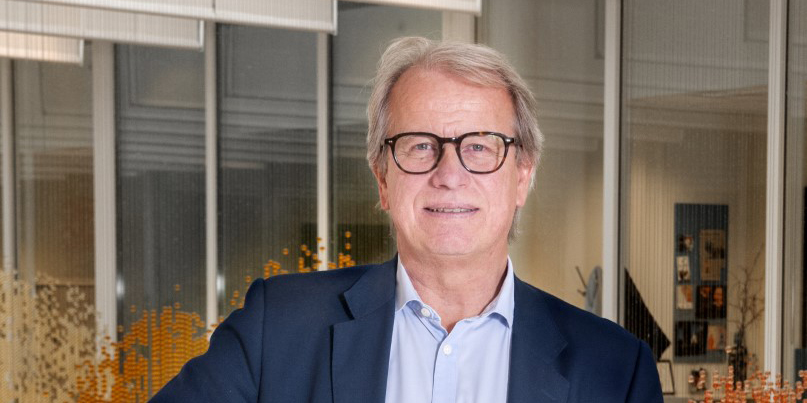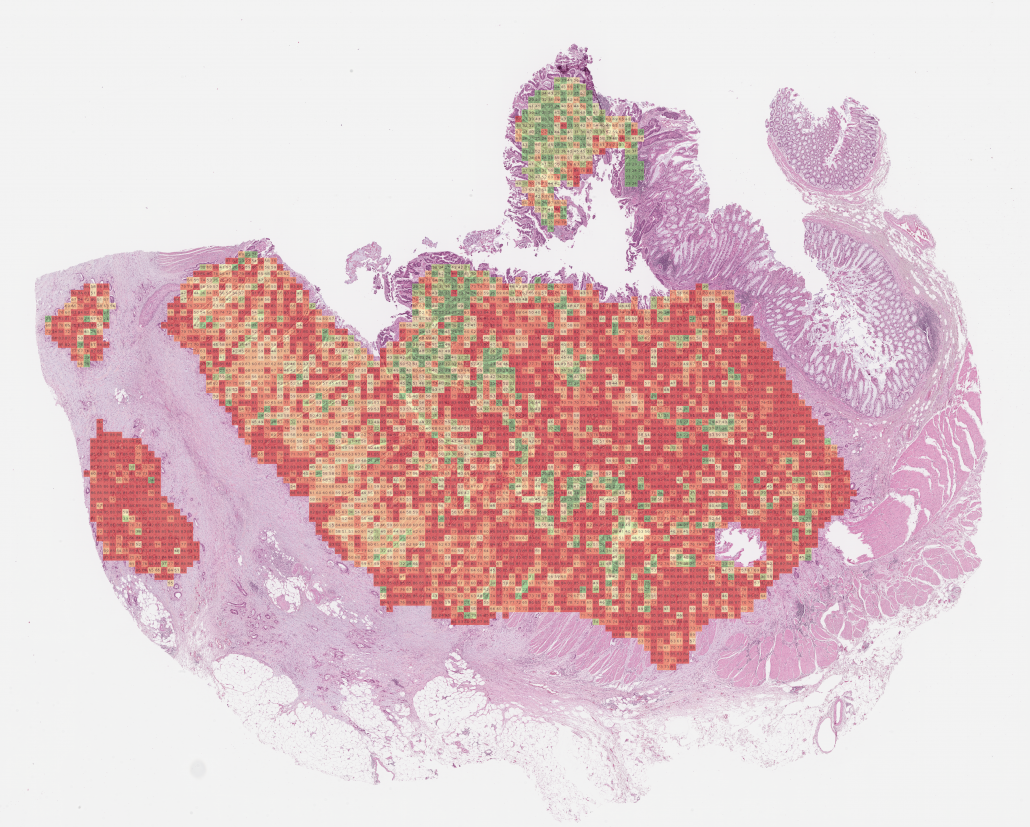AI researcher gets cancer award

Professor Håvard Danielsen has received a cancer research award for the use of artificial intelligence (AI) to improve cancer prognosis.
King Olav Vs Cancer Research Award of 2022 has been granted to Professor Håvard Danielsen at the Institute for Cancer Genetics and Informatics (ICGI) at Oslo University Hospital.
“This is a huge recognition and an inspiration. I am proud to join the 29 cancer researchers that have received the prize before me,” Danielsen commented.
The prestigious prize is awarded annually by the Norwegian Cancer Society, and it is the highest honour for Norwegian cancer researchers.
The description states: “Danielsen is a pioneer and a world-leading expert in digital pathology and the development of new methods for the application of artificial intelligence”.
Ground-breaking AI research
Simply explained, Danielsen and his research team at ICGI have trained computers to recognise cancer tumours, their characteristics and the patient’s prognosis, by feeding the computer with millions of images of samples from tumours of cancer patients.
“We have used machine learning to automate cancer diagnostics and prognosis. We have developed new methods to give a more objective diagnosis,” said Danielsen.
There are three reasons for this.
- Cancer diagnoses are made by pathologists, and the number of pathologists is declining while the number of cancer cases rise.
- It is difficult for pathologists to determine the disease progression of the patient. This leads to many patients getting too much treatment or too little treatment, which is both expensive for society and damaging to the individual.
- Tumours are very heterogeneous, more efficient methods to investigate more samples from each tumour are needed.
Artifical intelligence may drastically change the field of cancer pathology by offering new and objective methods that can easily be distributed as a supplement to the current practise.

This is a heatmap showing the result of the computer analysis in each part of the cancer sample. Photo: ICGI.
The research has mainly focused on colorectal cancer. However, the exact same technology and design can be applied to other cancer types too. The research group has already had positive results for prostate cancer and are now working on lung cancer.
“Instead of spending many years training a pathologist, you can simply copy the algorithm from one computer to another. A computer can work 24 hours a day, doesn’t make mistakes and doesn’t get tired. This is not a replacement of the pathologist, but a tool to help the pathologist,” said Danielsen.
From research to commercial product
The research is part of the DoMore project, a five-year project that was awarded NOK 60 million by the Norwegian Research Council as a trailblazer for connecting IT technologies in health.
“There were huge anticipations. We were expected to break new ground, act as an inspiration, and create new jobs for Norway. This was an opportunity you don’t get every day,” Danielsen said.
The partners in the DoMore project were Oslo Cancer Cluster, the Vestfold Hospital Trust, the University of Oxford, the University College London, DIPS, the Department of Informatics at Oslo University Hospital, and the Institute for Cancer Genetics and Informatics at Oslo University Hospital. Around 50 people have worked with DoMore so far.
“This is truly a team effort across Norwegian and international institutions, and with many people involved. I feel privileged to have led this project,” Danielsen commented.
After five years of intense research, DoMore published their results in the academic journal The Lancet two years ago. At the same time, the company DoMore Diagnostics was established, and they are now a member of Oslo Cancer Cluster.
The video below was produced by ICGI when the company was set up.
“Oslo Cancer Cluster, OCC, has played a central role in the project, from start to finish.” Danielsen said.
“Ketil Widerberg, general manager of OCC, has been one of the leaders of DoMore. His responsibility has been to ensure that we develop solutions that can be commercialised. He has participated in all discussions and nudged us in the right direction. The company DoMore Diagnostics is a direct result of OCC’s involvement in the project,” Danielsen continued.
Danielsen also believes having Oslo Cancer Cluster as a partner from the start helped convince the Norwegian Research Council to back the project, which made everything possible.
Danielsen and his research group are still working hard to invent new solutions for better, more accurate cancer prognosis, which the company DoMore Diagnostics aim to take to market.





